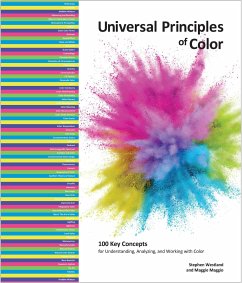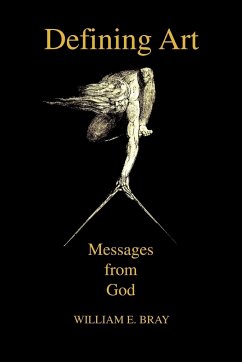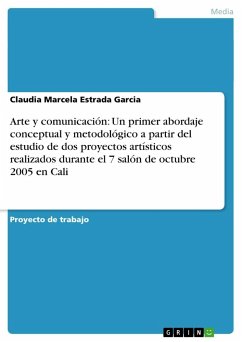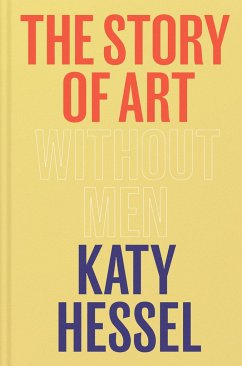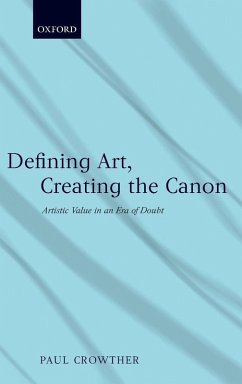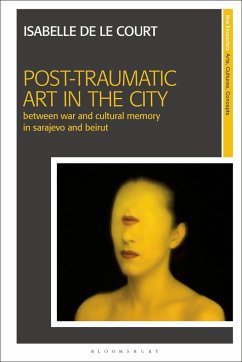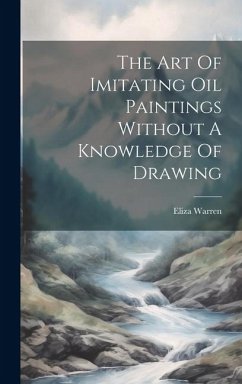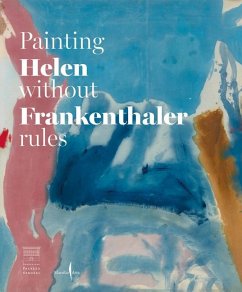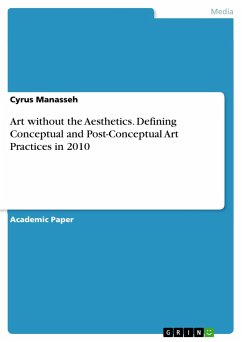
Art without the Aesthetics. Defining Conceptual and Post-Conceptual Art Practices in 2010
Versandkostenfrei!
Versandfertig in 1-2 Wochen
15,95 €
inkl. MwSt.

PAYBACK Punkte
0 °P sammeln!
Academic Paper from the year 2010 in the subject Art - Art Theory, General, The University of Western Australia, language: English, abstract: The paper focuses on explaining why today (conceptual) and post-conceptual art practices generated from specific theories during the 1960s and 1970s would precipitate the need for the decline of philosophical aesthetics in discussing today's contemporary art. Today, since "aesthetic experience is to be conceived as conforming to the ruling cultural ideology" much of the "visual turn", would derive from street artists, sub-cultures and darker cultures who...
Academic Paper from the year 2010 in the subject Art - Art Theory, General, The University of Western Australia, language: English, abstract: The paper focuses on explaining why today (conceptual) and post-conceptual art practices generated from specific theories during the 1960s and 1970s would precipitate the need for the decline of philosophical aesthetics in discussing today's contemporary art. Today, since "aesthetic experience is to be conceived as conforming to the ruling cultural ideology" much of the "visual turn", would derive from street artists, sub-cultures and darker cultures who, rebellious by nature use (conceptual) and post-conceptual art practices, which increasingly produce theoretical positions, which contribute to the discursive paradigms adopted by today's theoreticians of visual culture.Also contributing to the "visual turn", is the active role played by gallery audiences who help to produce the meaning of the work itself-their role now has largely changed from passive contemplation to active participation. The paper defines why the preponderance of perspectives accumulated today (used by theoreticians of visual culture) informed by the artist's intention as a new theory in itself and the audience as "participant" is currently outweighing the significance of aesthetic theory. In the paper, I define and evaluate why philosophical aesthetics is no longer being seen as necessary to provide critical reflection of new media, post-conceptual art practices and the digital revolution.



